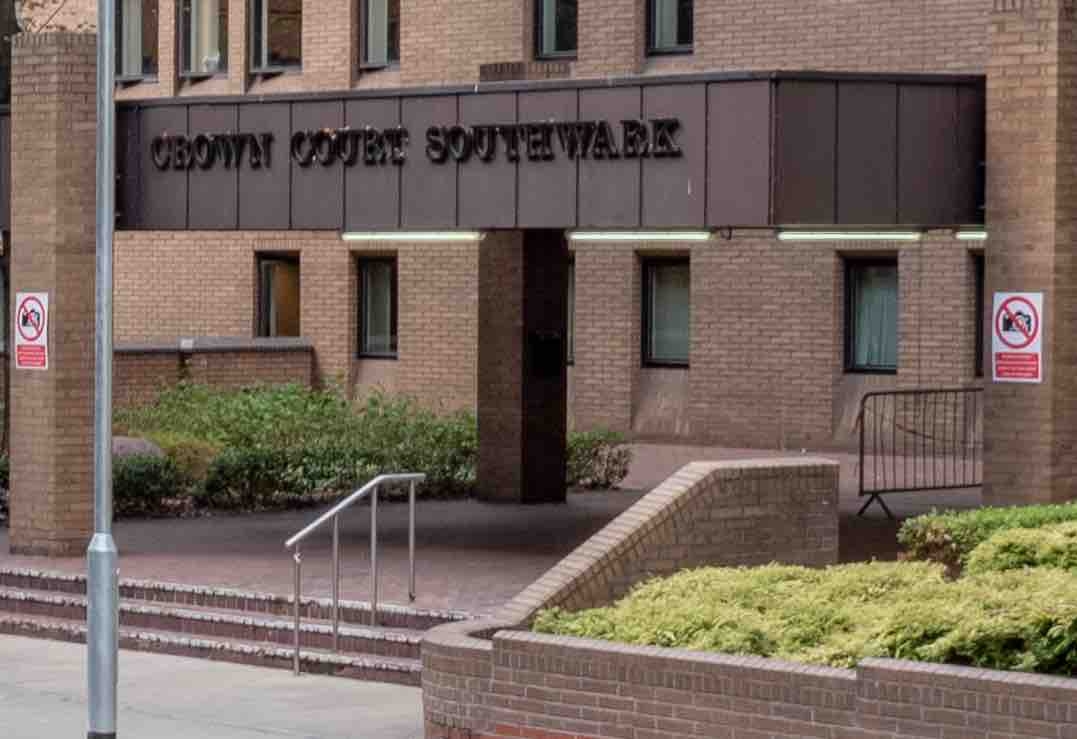The FCA has won a Confiscation Order for £562,636 against former investment adviser and convicted money launderer Richard Faithfull.
Southwark Crown Court imposed the Confiscation Order last week against Mr Faithfull who was convicted of a ‘boiler room’ fraud in September 2021.
Mr Faithfull was involved with a 'trans-national' organised crime group which laundered the proceeds of at least seven professionally run overseas investment frauds, the FCA said.
The court hearing decided that Mr Faithfull’s criminal benefit from the frauds was £4,130,936.
However, the Confiscation Order amount imposed was lower at £562,636, based on the Court’s findings on his available assets.
The confiscated funds will be used to compensate the victims.
The Court imposed a new default prison sentence of four years on Mr Faithfull. If he does not satisfy the terms of the Confiscation Order within 3 months he will serve this further term of imprisonment in addition to the 5 years 10 months he is already serving for money laundering.
The Financial Conduct Authority will now contact Mr Faithfull’s victims to provide further information about compensation.
The FCA said its investigation into other suspects linked to the wider organised crime group continues and updates on “significant developments” will follow.
Mr Faithfull was sentenced to 5 years and 10 months in prison in 2021 for laundering money. He was part of a gang which laundered up to £2.5m in a UK 'boiler room' investment operation which pushed worthless shares between June 2017 and August 2018.
The former investment adviser and stockbroker was caught following a joint investigation by the Financial Conduct Authority and the City of London Police.
The operation was described in court at the time of the first trial as sophisticated and utilising multiple accounts and front companies in numerous jurisdictions.
The FCA said Mr Faithfull was able to use knowledge gained when he worked in the regulated sector as an investment adviser to help his fellow fraudsters to continue to defraud victims by paying fictional 'dividends' from bank accounts controlled by him to make it look as though the underlying investments were generating returns. He also involved innocent parties to help assist with his criminal enterprise.
To avoid detection at the time his crimes were uncovered he fled to Ukraine and lived a life of luxury while continuing his criminal activities, enlisting the assistance of local criminal groups abroad.
At a court hearing held at the time of the money laundering conviction he accepted that he was a "thoroughly dishonest person."
As a result of the crimes Mr Faithfull was disqualified from being a company director for 10 years.

